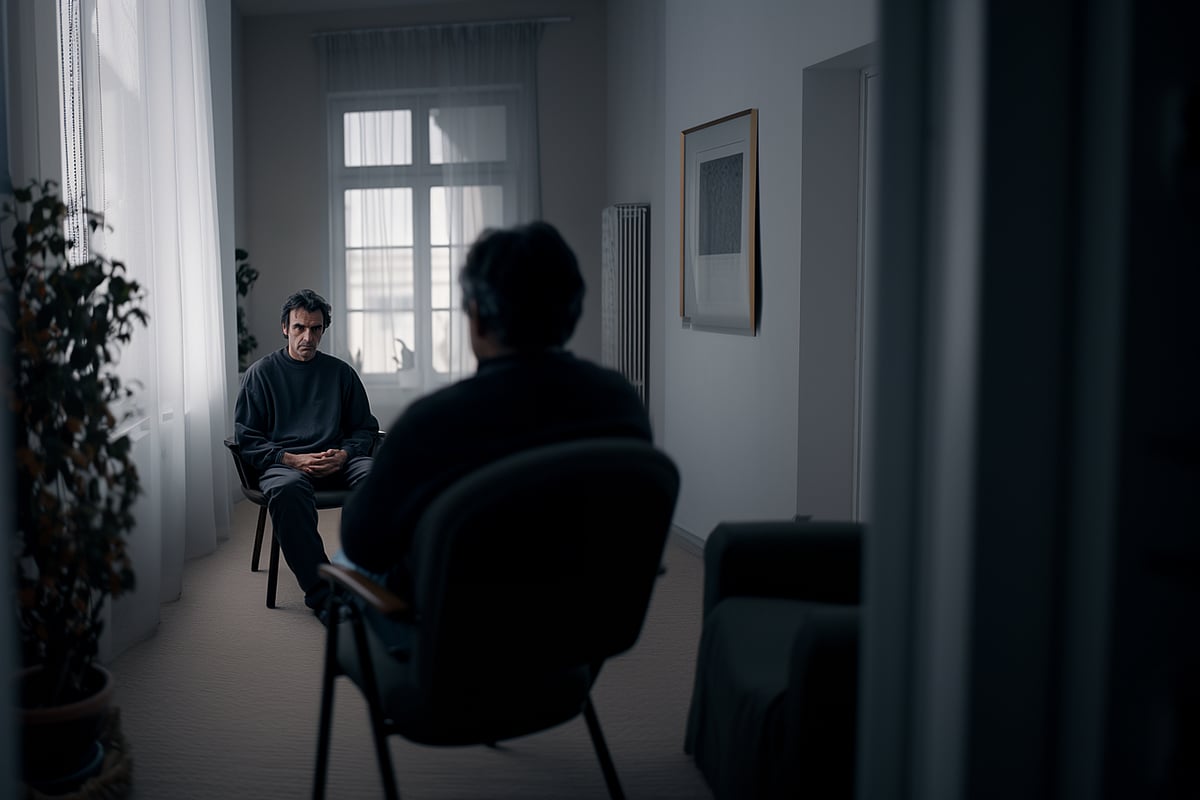Wahat Al Rushd Home, part of the Sharjah Social Services Department, has made great progress in helping people with mental health conditions. Opened in 2007, it is one of the first centers in the UAE focused on mental health care for both men and women. The center provides full support, including treatment and training, to help people recover and live better lives. Many of the residents had faced personal and social challenges, but thanks to the care they received, they were able to return to society and improve their overall well-being.
The role of family in recovery
Khaled Al Abdouli, director of Wahat Al Rushd, explained the biggest challenges that patients and mental health professionals face. He said that family support is very important. When families stand by patients and show them love and understanding, it helps them recover faster and benefit more from the treatment they receive.
One major challenge is the stigma—or negative views—that many people have about mental illness. This leads to misunderstanding, isolation, and sometimes even mistreatment of patients. Many lose job opportunities or stop getting the treatment they need. Society’s lack of awareness makes their suffering worse and delays their return to a normal life.
How to treat mental health patients with care
When it comes to the best way to treat patients, Al Abdouli said it starts with trust, kindness, and patience. He also explained that it’s important to treat them with balance—being gentle most of the time but firm when necessary, especially when it comes to taking medication. Stopping medication should only happen when the patient is better and a doctor agrees.
He also pointed out that regular therapy sessions are very important. Families should avoid being too protective and should involve the patient in useful activities. They should encourage them to study or work, based on what they are able to do. Instead of giving many orders, families should talk to the patient in a kind and logical way. It’s also important not to always give in to what the patient wants so they can keep a healthy balance in their thoughts and behavior.
Real-life success stories
Al Abdouli said In reality, there are many inspiring success stories achieved by psychiatric patients who have benefited from the services of the department’s various divisions. I will touch on two cases: one from the Child and Family Protection Center and the other from the Oasis of Guidance Care Home.
A student battling depression and OCD
The first story concerns a student who was suffering from depression and obsessive-compulsive disorder (OCD). His case was referred through the Child Helpline section at the Department of Social Services after a suicide attempt was reported. Follow-up revealed a history of multiple suicide attempts. A psychological assessment showed he was suffering from two psychiatric disorders, scoring 72 on both the depression and OCD scales before treatment began.
“We started by providing him with comprehensive psychological support, focusing on reshaping his negative thoughts and beliefs about himself and improving his severed relationship with his father,” Al Abdouli said. “Simultaneously, we held counseling sessions for the family to enhance their ability to support his psychological stability. Both the son and his father were convinced of the importance of seeing a psychiatrist and committing to the prescribed medical treatment plan.”
As a result of the high-quality and integrated therapeutic services, significant positive outcomes were achieved. The son overcame the symptoms of depression and showed remarkable improvement in his outlook on life. This was reflected in his post-treatment depression score of 58, indicating a major reduction in symptoms. His OCD symptoms also decreased significantly, with a score of 62 on the OCD scale—clear evidence of psychological improvement.
The student returned to school after a period of frequent absences—not only to resume his studies but also to excel in high school. He went on to receive a scholarship for university education, where he continues his studies to this day. His overall health also improved significantly, leading to the cessation of psychological treatment due to his stable condition. Most notably, his relationship with his father, once considered impossible to repair due to obsessive thoughts directed at him, improved dramatically as those thoughts faded during treatment. All of this progress was achieved in record time, despite the complexity of the case and the challenges that initially suggested a longer treatment period would be necessary.
A student diagnosed with schizophrenia
The second case involves a high school student diagnosed with schizophrenia. She underwent evaluation, diagnosis, and treatment at the "Oasis of Guidance" care home until her condition stabilized and her psychotic symptoms improved. She continued receiving psychological therapy and was reintegrated with her family. The specialist team at the center decided to support her return to school in order to preserve her sense of hope.
Al Abdouli explained that this decision had a profoundly positive impact. The young girl was able to overcome her psychological crisis and excel academically. She successfully completed high school, enrolled in university, and continued her higher education. Throughout this journey, her family received ongoing guidance to help them understand the nature of the illness and how to deal with it consciously, especially during crises.
A complete and inclusive care model
Wahat Al-Rushd receives patients through many channels, including family referrals. The home accepts people aged 18 to 59 and works to prepare them to return to normal life through training and therapy.
Most of the cases involve schizophrenia, a mental illness that affects thinking, emotions, and behavior, and often leads to isolation. The home provides many services, including full-time residential care and daytime support, with separate facilities for men and women.
Sign up for the Daily Briefing
Get the latest news and updates straight to your inbox
Network Links
GN StoreDownload our app
© Al Nisr Publishing LLC 2026. All rights reserved.
